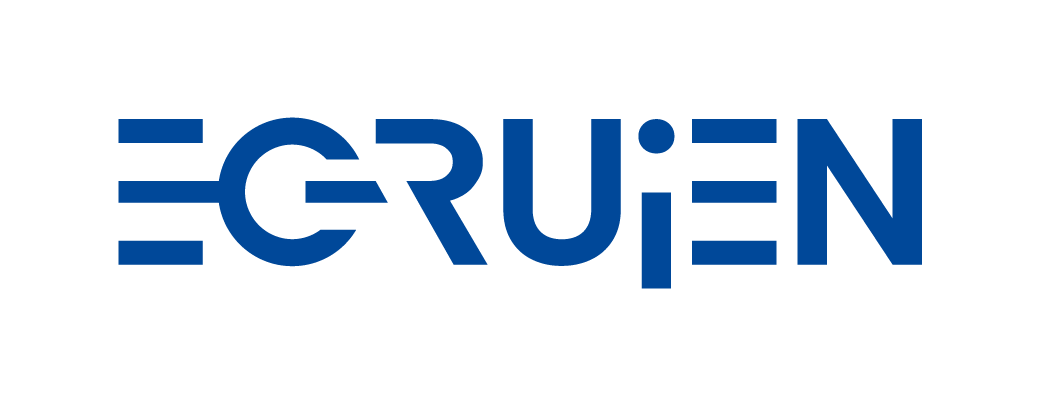Transport on demand during the transition
As part of the E-GRUiEN project (Strengthening governance in response to the green and digital transition), the on-demand transport sector – which includes both traditional taxi services and digital platforms such as Uber and Bolt – has been identified as one of the four main sectors to be studied. Alongside energy, car manufacturing and care services, it is a key example for examining how the twin green and digital transitions are reshaping work, labour relations and the future of social dialogue in Europe.
Why focus on on-demand transport?
The on-demand transport sector is currently one of the most dynamic and, at the same time, most affected service sectors in Europe. The rapid development of platform-based business models has fundamentally changed the way services are provided and work is organised.
Traditional taxi companies are being overtaken or taken over, and the growth of platform work has introduced non-standard forms of employment that often lack clear safeguards and representation.
This fragmentation of employment structures has weakened the collective representation of workers and limited their ability to engage in meaningful negotiation processes. The E-GRUiEN project takes this context as a starting point to explore how governance and social dialogue can be adapted to better support workers and ensure a fairer transition.
Research objectives and scope
The E-GRUiEN research in the on-demand transport sector aims to gain an in-depth and comparative understanding of the evolution of this sector in nine European countries. The work is organised around four key objectives.
The first is to gain a solid understanding of the macro-structural and legal dimensions of the sector. This includes collecting and analysing data on market size, legal frameworks, employment patterns and the impact of the digital and green transitions on the sector as a whole.
The second objective focuses on understanding how decision-making and negotiation processes currently work. Through semi-structured interviews with stakeholders, including employers, trade unions and platform representatives, the project identifies power dynamics, strategies and gaps in representation.
The third area of research concerns the impact of these changes on the social and economic outcomes of workers and employers. It addresses issues such as job quality, employment status, income security and institutional capacity to respond to change.
Finally, the project goes beyond observation and moves towards co-creation. Focus groups involving key actors simulate negotiation situations and jointly explore ways to strengthen social dialogue structures in a sector characterised by informality and fragmentation.
A sector characterised by fragmentation and weak representation
Compared to more traditional sectors organised in trade unions, such as energy or car manufacturing, on-demand transport is characterised by loose organisational structures and the dominance of private actors. Employment is often self-employed or contract-based, which significantly hinders collective bargaining and the establishment of standards.
This lack of coherence weakens the sector's ability to adapt fairly to the digital and green transitions. Workers are often isolated and have no formal channels to influence decisions that directly affect their working conditions.
From research to action
The aim of the project is not only to describe the current challenges, but also to formulate practical, forward-looking recommendations. These are intended to serve as a source of information for EU decision-makers, national governments, labour market institutions and actors within the sector itself.
By identifying institutional gaps and examples of good practice, our project aims to provide guidance on rebuilding or strengthening bargaining structures, increasing the voice of workers – especially those in non-standard forms of work – and ensuring that the digital and green transition does not come at the expense of fairness and inclusion.
A comparative perspective from a European point of view
Importantly, the project methodology takes into account the diversity of European contexts. Although the on-demand transport sector is largely shaped by international companies, its role and regulation vary significantly across countries. E-GRUiEN's comparative approach allows for a deeper understanding of how different institutional models respond to similar challenges and which elements can be transferred or adapted in different contexts.


